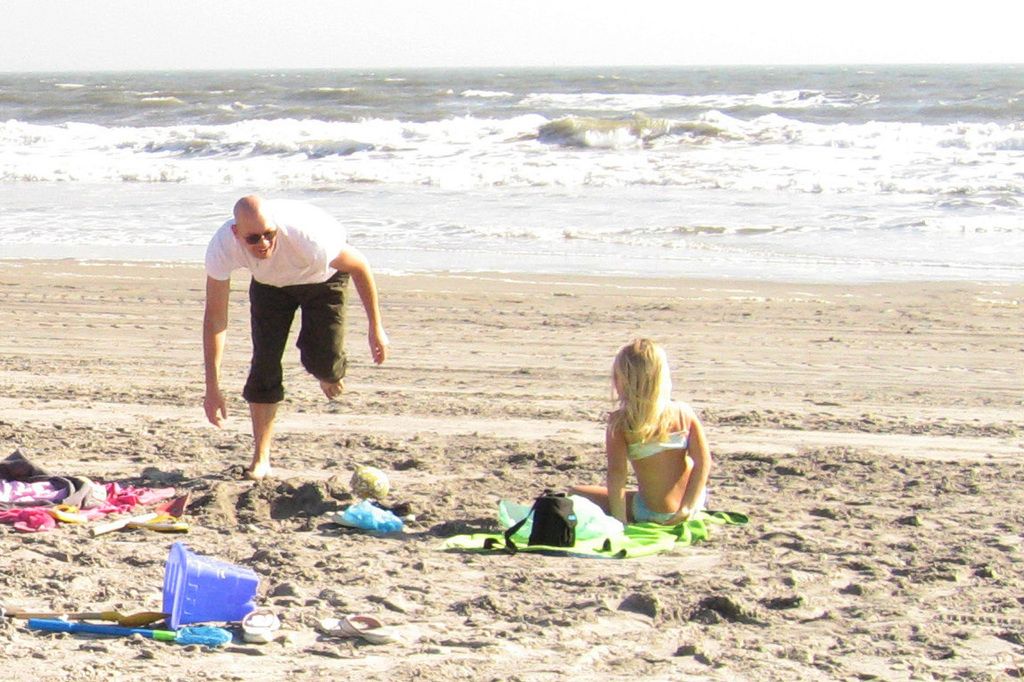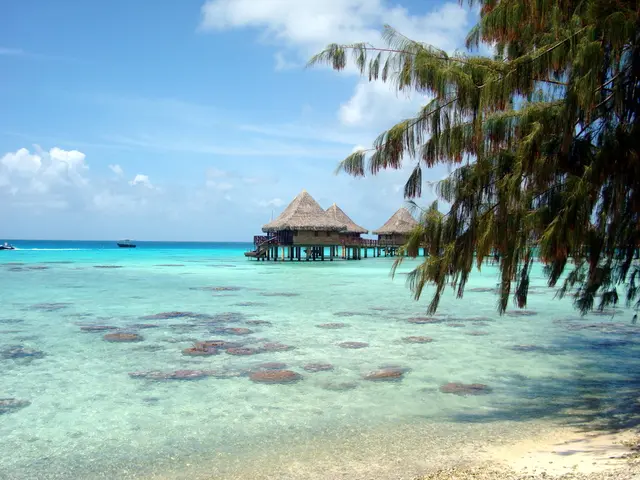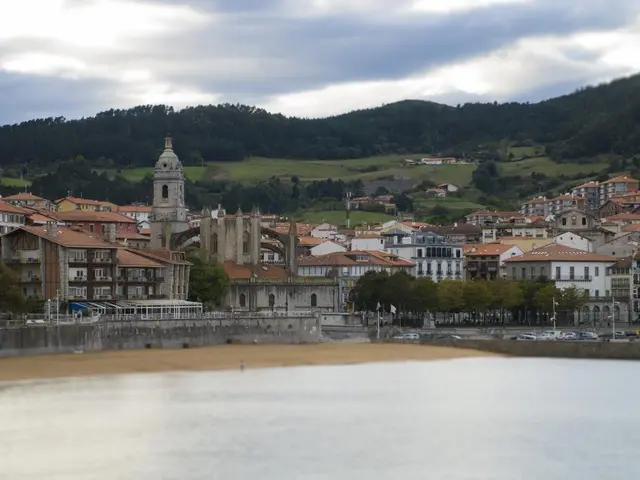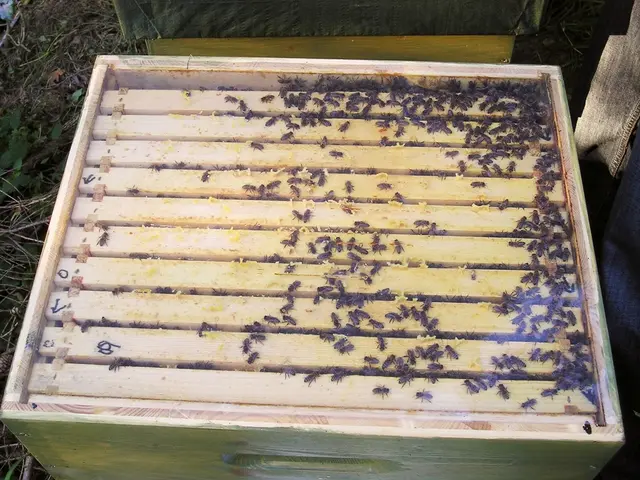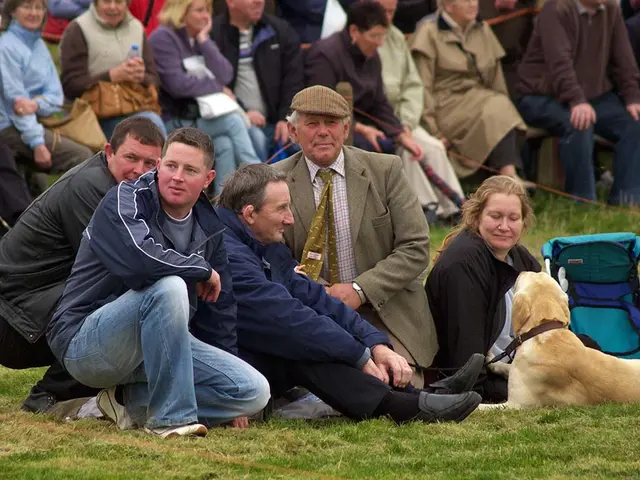The fire emergency department lays down its guidelines for managing a fire situation.
No-burn Rules for Private Plots and Gardens: A Comprehensive Guide
Fire safety regulation in Kazakhstan is stringent when it comes to bonfires, waste burning, and fire-risk activities, with the aim of preventing wildfires and ensuring public safety. The rules, based on the Fire Safety Rules of Kazakhstan (both the 2006 and 2022 versions), apply to cities, rural settlements, dacha and garden associations, and enterprises.
Key Regulatory Points
- Scope and Applicability
- All Areas: Regulations apply uniformly to cities, rural settlements, dacha and garden associations, and enterprises.
- Fire-Risk Activities: Encompass open burning (bonfires, waste burning, agricultural residue burning), use of fireworks, and other ignition sources.
- General Prohibitions
- Restricted Periods: During periods of high fire danger (dry, hot weather, strong winds), all open burning activities are strictly prohibited.
- Proximity Restrictions: Bonfires and waste burning are forbidden near residential buildings, forests, or areas with dry vegetation.
- Public Spaces: Open fires are generally banned in parks, streets, and other public areas.
- Permitted Activities and Conditions
- Designated Areas: Where allowed by local authorities, burning can occur only in specially designated areas, equipped with fire extinguishing means and under supervision.
- Distance Requirements: Fires must be kept at a safe distance from buildings and combustible materials.
- Weather Conditions: Activities are prohibited or restricted during adverse weather.
- Responsibilities
- Organizations and Citizens: Must comply with all fire safety rules and take necessary precautions to prevent fire incidents.
- Supervision: Any permitted burning must be supervised until the fire is fully extinguished.
- Notification: In some cases, prior notification to fire services may be required.
Penalties
- Violations: Non-compliance can result in administrative fines, and in cases of significant damage or injury, criminal liability.
Bonfires and waste burning are allowed under favorable weather conditions, at a distance of at least 50 meters from buildings and structures, in specially designated areas, and under constant supervision. Using grills (barbecues, grills) is allowed at a distance of at least 10 meters from buildings and structures, and a fire extinguisher or a water container of at least 10 liters must be provided.
It is forbidden to place grills (barbecues, grills) in areas with dry vegetation, under tree canopies, or under canopies made of flammable materials. Violations of fire safety regulations may result in administrative liability.
Under the recent updates, Prime Minister Olzhas Bektenov has ordered measures to prevent tourists from entering forests during peak fire danger periods, and violators will be held accountable. The Ministry of Emergency Situations has warned of high fire danger due to the drought this summer.
Stay updated, stay safe!
- In addition to the Fire Safety Rules of Kazakhstan, the science of environmental-science emphasizes the importance of adhering to no-burn rules for private plots and gardens to minimize the impact on the environment and combat climate-change.
- The fitness-and-exercise industry encourages individuals to participate in outdoor activities that prioritize the health-and-wellness of both themselves and their surroundings, aligning with the no-burn rules for private gardens and plots.
- The workplace-wellness sector promotes environmentally-friendly practices, such as adhering to the no-burn rules, as a method of contributing to the overall health and vitality of employees.
- Themededicare and therapies-and-treatments emphasize the importance of mental well-being, which can be supported through mindful practices like gardening, adhering to the no-burn rules, and contributing to overall environmental health.
- Personal-finance and investing are intertwined with the implementation of no-burn rules, as responsible practices in one area can reflect positively on an individual's total lifestyle and contribute to long-term financial well-being.
- Homes and gardens that follow the no-burn rules can implement sustainable food-and-drink practices, using organic produce and minimizing water waste to further contribute to the health-and-wellness of both the household and the environment.
- The technology industry is equally committed to reducing carbon footprints, and implementing the no-burn rules for private gardens and plots can contribute to the broader mission of data-and-cloud-computing solutions that prioritize sustainability.
- For businesses in the environmental-science and finance sectors, adherence to the no-burn rules showcases a commitment to corporate social responsibility (CSR) and can enhance their brand's reputation among eco-conscious consumers.
- When traveling, it is essential to respect local regulations and customs, including those related to fire safety and no-burn rules for private plots and gardens, as part of responsible tourism practices.
- When shopping for outdoor goods, opt for products made from fire-resistant materials that adhere to environmental-science standards, such as those reducing the need for open burning and fostering a healthier lifestyle.
- Those interested in sports can enjoy outdoor activities that align with the no-burn rules, like hiking or biking, in designated areas that prioritize safety and the health-and-wellness of the environment.
- Sports-betting platforms and agencies can further support fire safety efforts by raising awareness about the no-burn rules, encouraging responsible practices among users, and working with local organizations to promote a healthier, safer environment for all.
